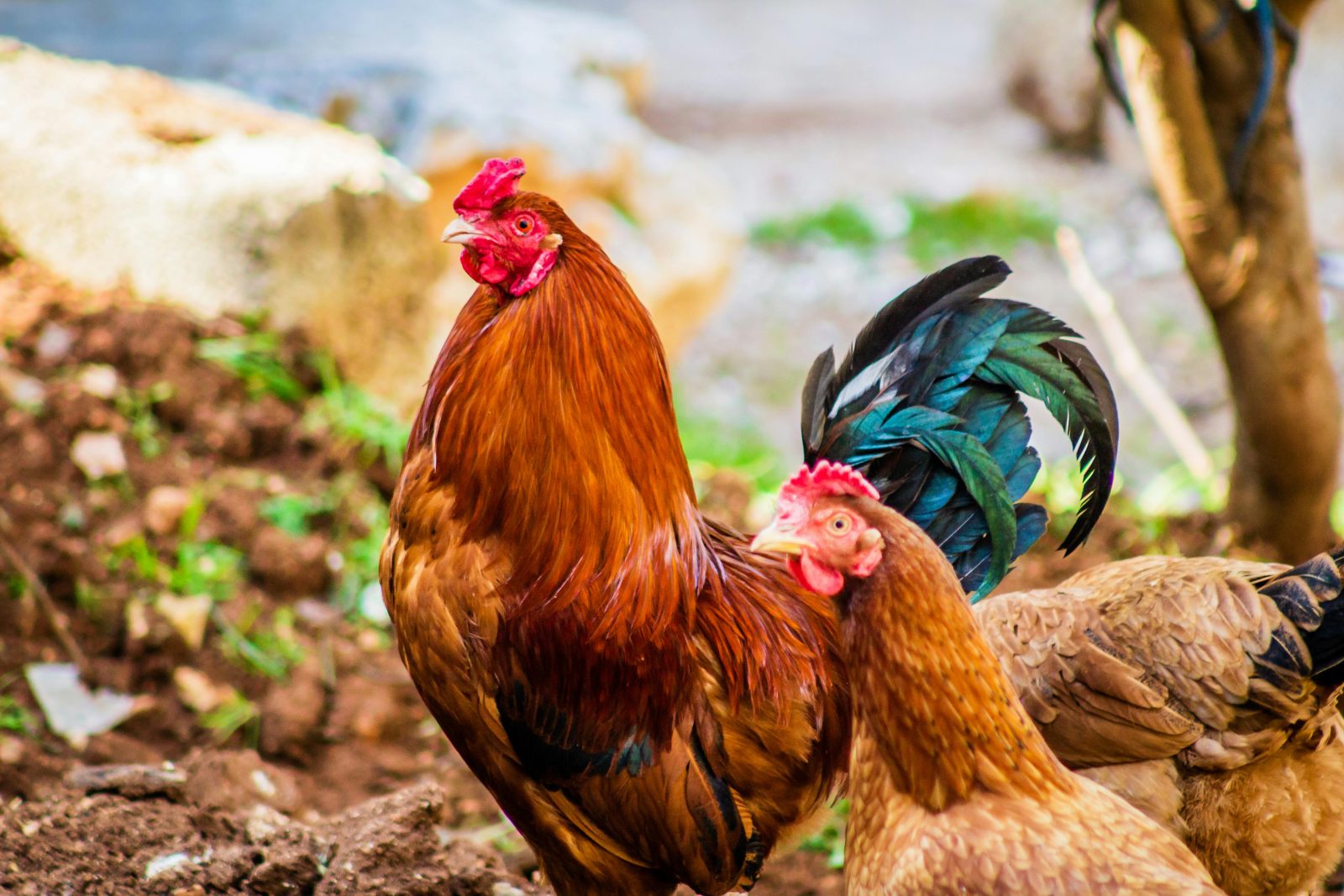As bird flu continues to spread across Maryland’s Eastern Shore, the state’s Department of Natural Resources (DNR) has issued important safety guidelines for waterfowl hunters. The outbreak, caused by the Highly Pathogenic H5 Avian Influenza (HPAI), is being reported in both wild birds and commercial poultry farms in the region.
What is HPAI (Bird Flu)?
HPAI, also known as bird flu, is a serious disease that affects birds, particularly waterfowl and domestic poultry like chickens. It is more dangerous than other forms of bird flu, and it can cause high death rates in infected birds. Though humans can catch HPAI, this is very rare. The virus spreads easily among birds through their droppings, nasal discharge, and other secretions. Wild birds, especially ducks and geese, are natural carriers and can spread the virus to domestic birds.
Latest Bird Flu Developments in Maryland
Currently, bird flu has been confirmed in several poultry farms across the Delmarva Peninsula, which includes parts of Maryland. As of the latest update, there are eight confirmed cases in commercial poultry farms. This includes farms in Worcester County, Maryland, and nearby counties in Delaware and Virginia. These farms have been quarantined, and the infected birds are being depopulated to prevent the virus from spreading. The infected birds will not enter the food supply.
The DNR and other authorities have been closely monitoring the situation. While there is a low risk to human health, the virus poses a significant threat to birds, particularly waterfowl like ducks, geese, and swans.
Waterfowl Hunting Guidelines from Maryland DNR
For hunters who are planning to hunt waterfowl, the DNR has issued several key safety guidelines to help minimize the risk of spreading bird flu. The following precautions should be followed:
- Avoid Handling Sick or Dead Birds: Hunters should never harvest or touch wild birds that appear sick or have died.
- Proper Hygiene: Always wash your hands with soap and water, or use hand sanitizer, after handling game.
- Use Disposable Gloves: It’s recommended to use disposable gloves when handling birds. This will help prevent contact with the virus.
- Safe Disposal: After cleaning birds, hunters should double-bag offal and feathers and dispose of them in the regular trash. These should not be thrown into compost bins or other waste streams where they might spread the virus.
- Dedicated Tools and Clothing: Hunters should use special boots, clothing, and equipment for hunting and cleaning waterfowl. These items should not be used around domestic poultry or pet birds to avoid contamination.
- Cook Waterfowl Properly: Cooking the harvested birds to an internal temperature of 165°F (74°C) will ensure any harmful viruses or bacteria are killed.
Risk of Bird Flu to Humans
While the risk to humans is low, it is important to take precautions when handling birds. According to experts, people who work with poultry or handle wild birds, such as hunters, should take care to avoid exposure to sick or dead birds. If someone does come in contact with an infected bird, they should wear protective gear like gloves and face masks.
If any hunters notice sick or dead birds, they should report them immediately to the Maryland Department of Natural Resources Wildlife Services hotline at (877) 463-6497.
Protecting Your Poultry Flock
In addition to the guidelines for hunters, experts are advising poultry farmers, both commercial and backyard, to follow strict biosecurity measures. These include:
- Limiting access to your birds and keeping them away from wild birds.
- Wearing dedicated clothing and footwear when working with poultry.
- Regularly cleaning and disinfecting equipment and vehicles that come in contact with poultry.
- Avoiding the sharing of equipment with other poultry owners.
Taking these steps can help prevent the spread of HPAI and protect both wild and domestic birds from further outbreaks.
How to Report Bird Flu Cases
If you come across sick wild birds, or suspect a case of bird flu in your flock, it’s important to report it. For commercial flocks, you can contact the Maryland Department of Agriculture at 410-841-5810. For wild bird sightings, call the DNR’s Wildlife Services hotline.
Conclusion
With bird flu spreading across the Eastern Shore, it’s important for hunters, farmers, and anyone who works with poultry to follow proper safety guidelines. By taking precautions, we can help slow the spread of HPAI and protect both humans and birds from this dangerous disease.
(Source : newsbreak.com)













Leave a Reply